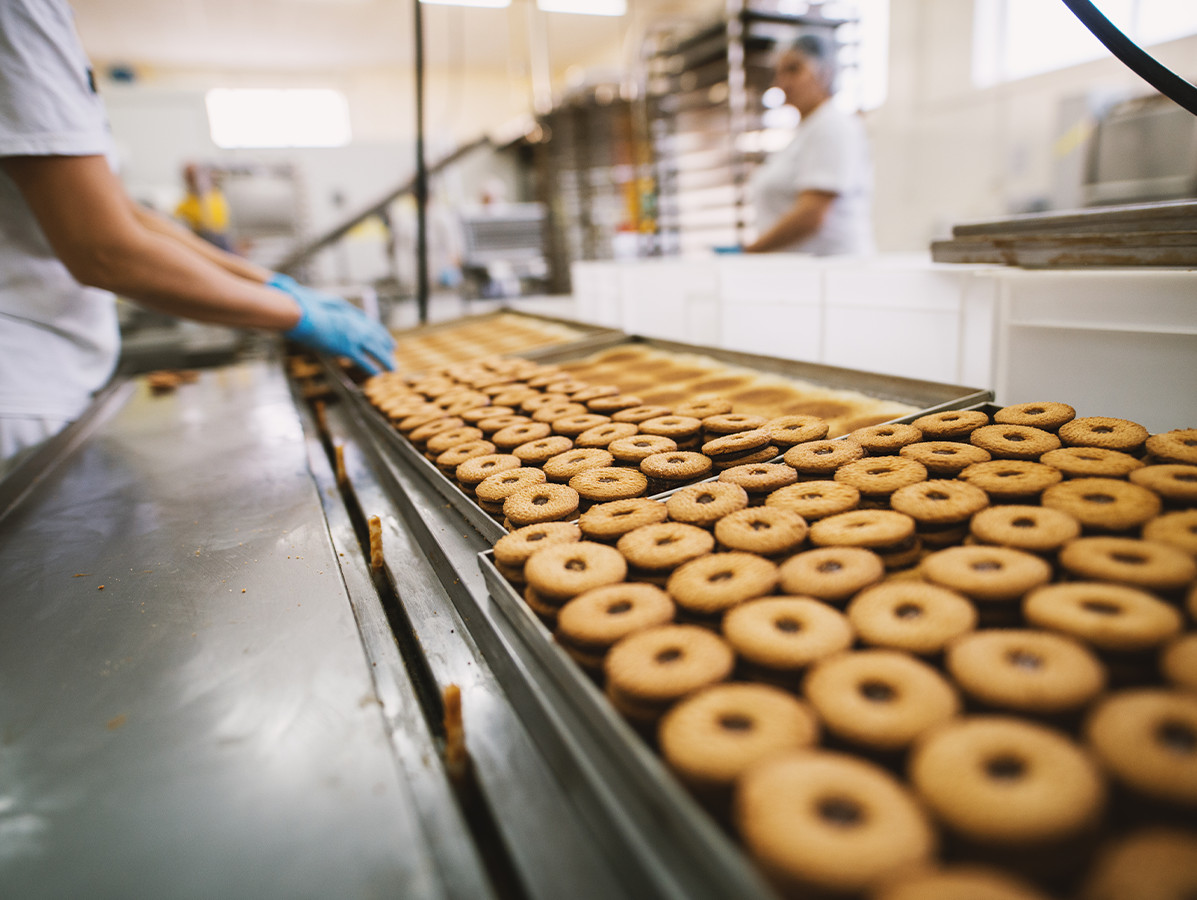
In the coming years, food companies must do more to improve working conditions in international supply chains and to limit environmental damage, due to legislation. At the same time, there is a lot of pressure from customers to keep prices low in order to limit inflation for consumers. In the short term, this may hinder investments in improvements in chains. But because of forthcoming legislation and social pressure on companies, such investments are often necessary.
Due to the great diversity of companies and supply chains, the task is much greater for some food companies than for others. The task is greatest for the estimated 500 to 1,000 medium-sized and large producers and traders who have a large number of suppliers and buy from several continents. This is according to ING Research in the new sector study Food & Agri.
Consumer demand for more sustainable foods has grown in recent years, prompting companies to pay more attention to the state of affairs in their supply chains. Spending on more sustainable foods has more than doubled in five years and these products account for almost 15 percent of total food spending. There are also other reasons for companies to better map their supply chains and set higher sustainability standards. Ceel Elemans, ING Sector Banker Food: "This is done, for instance, because of goals in their sustainability strategy, customer demand, the desire to reduce reputation risks or because of new laws and regulations.
Food prices in April 2022 were more than 8 percent higher than a year ago; the strongest increase in 20 years. Farmers and food manufacturers are facing higher costs for raw materials and energy and are passing this on to their customers where possible. At the same time, supermarkets say they are keeping a close eye on purchase prices. Because price plays a very dominant role, ambitions to make chains more sustainable may be compromised. High inflation can also slow down progress among consumers. They will be more inclined to choose a regular alternative to a certified product.
New European directives make companies more explicitly responsible for their purchasing and production methods. Companies are expected to identify risks in their supply chains and counteract any negative consequences of their actions within them. Such legislation will influence companies' choices.
The task of mapping out chains and possible risks is a lot clearer for some food producers than for others. Within the food sector, the challenge is greatest for companies that import from outside Europe and also purchase from a large number of suppliers. Adding to the complexity is the fact that these suppliers may be buying from thousands of individual farmers. ING Research estimates that there are some 500 to 1,000 medium-sized and large Dutch food manufacturers who belong to this group and have to deal with very complex supply chains.
Ceel Elemans, "However, in addition to these 500 to 1,000 companies, there are also many smaller companies that also buy internationally, for whom it is difficult to make progress due to the limited influence they can exert and their need for specialist knowledge. For them, the solution lies more in working together, for example through initiatives within a sector organisation".
Because of the focus on supply chains, food companies will have to weigh up how far their chain responsibility extends and how they can fulfil it. "That consideration is made more difficult because there are a number of less tangible benefits as opposed to concrete financial costs, such as the value of more intensive cooperation with suppliers," says Ceel Elemans.
View the report 'Food sector more responsible for supply chain performance' (Dutch only)
Source: ING